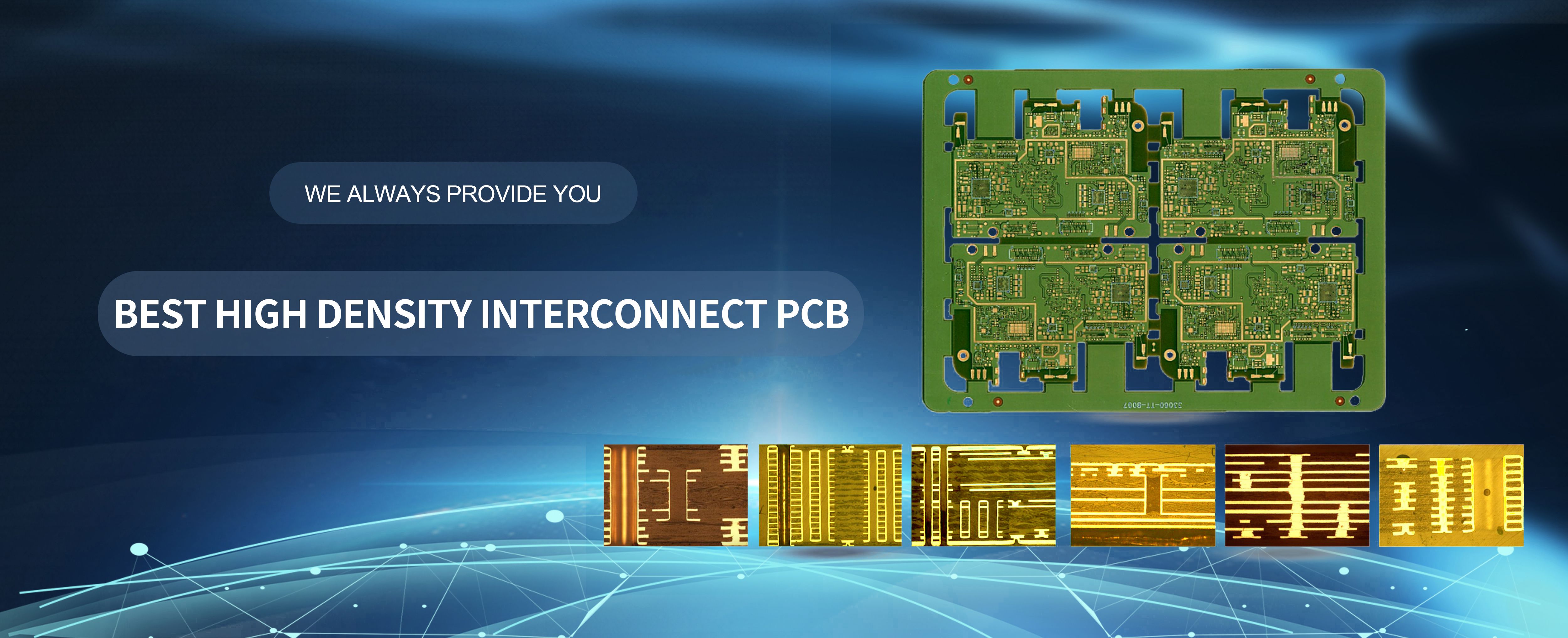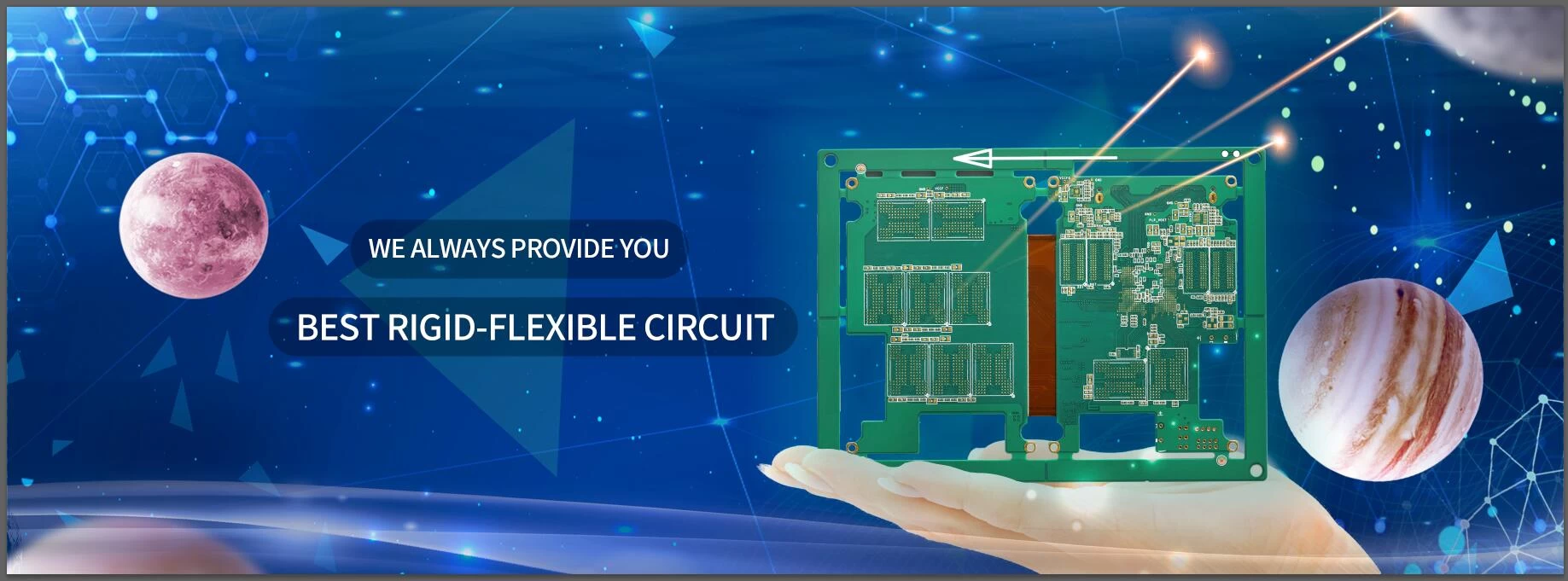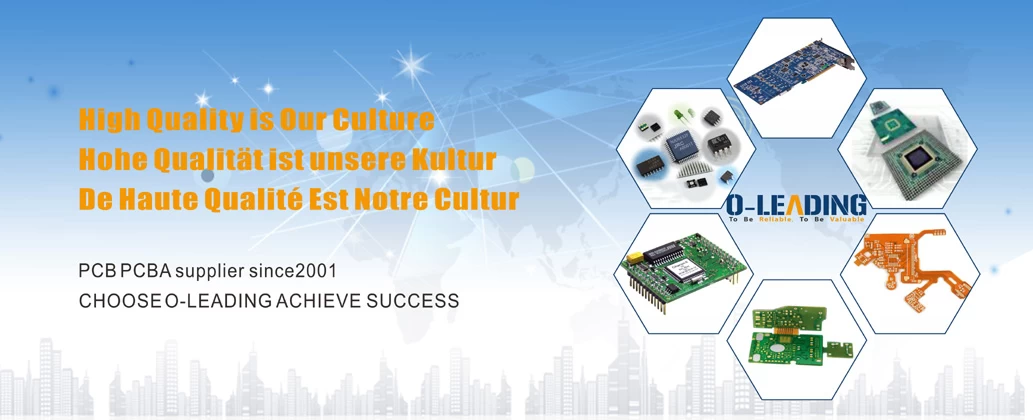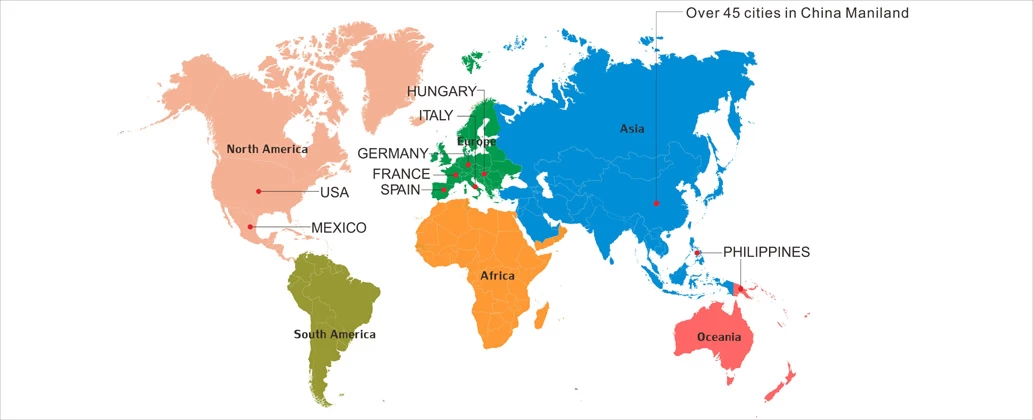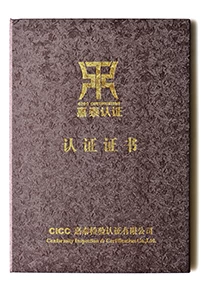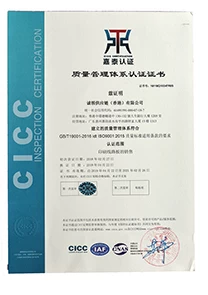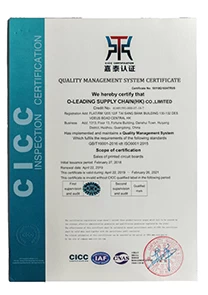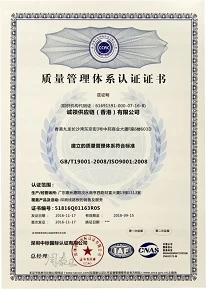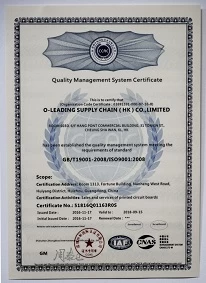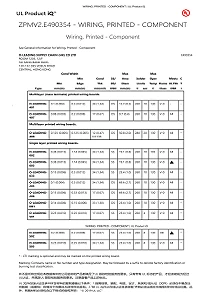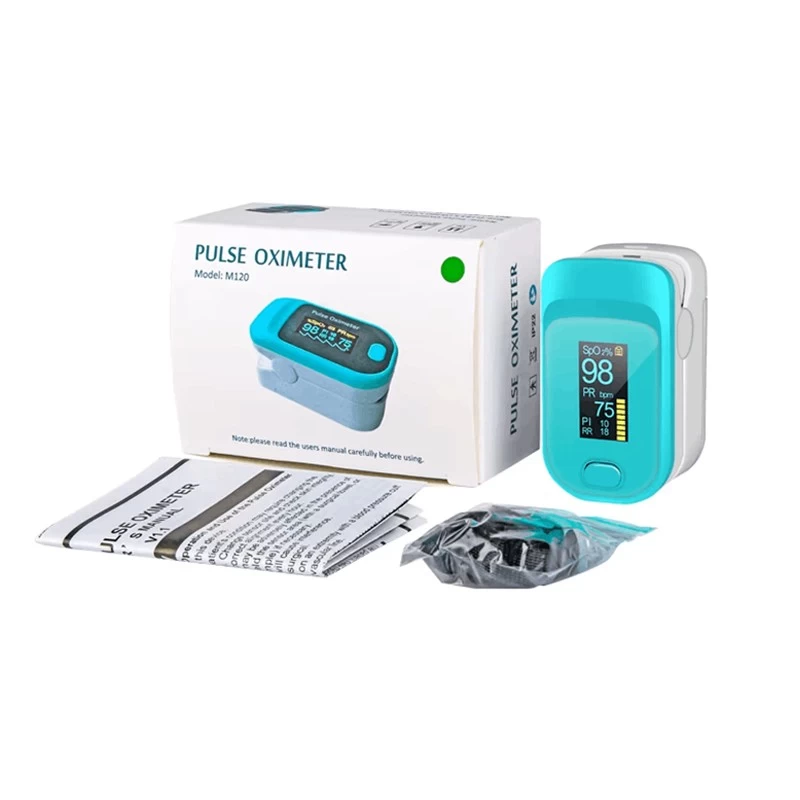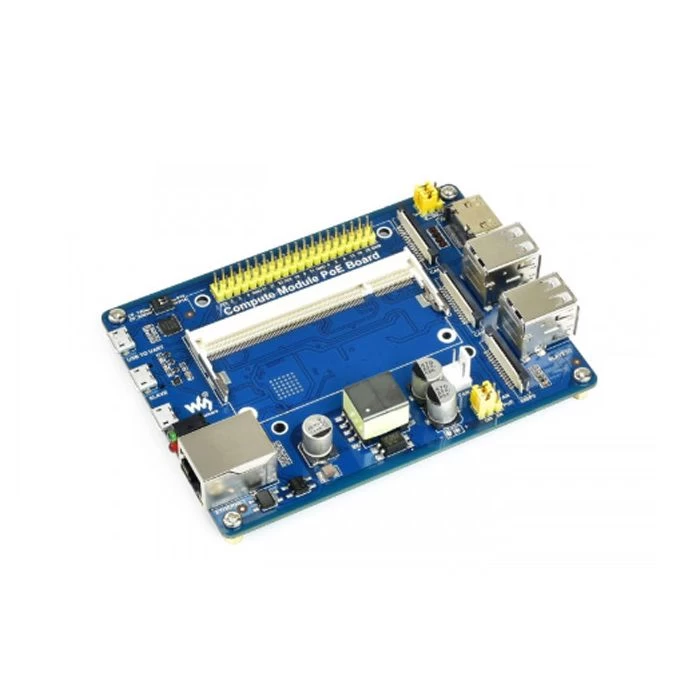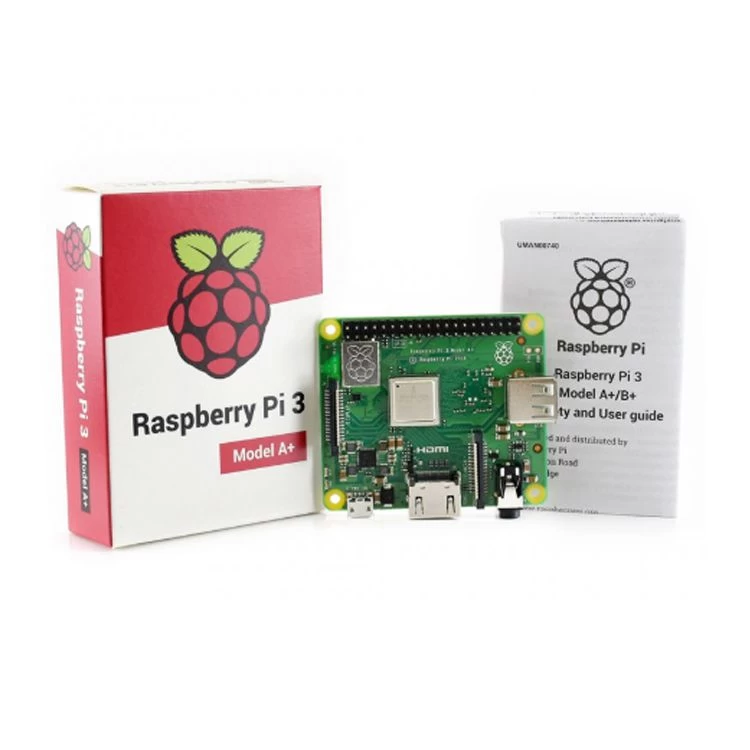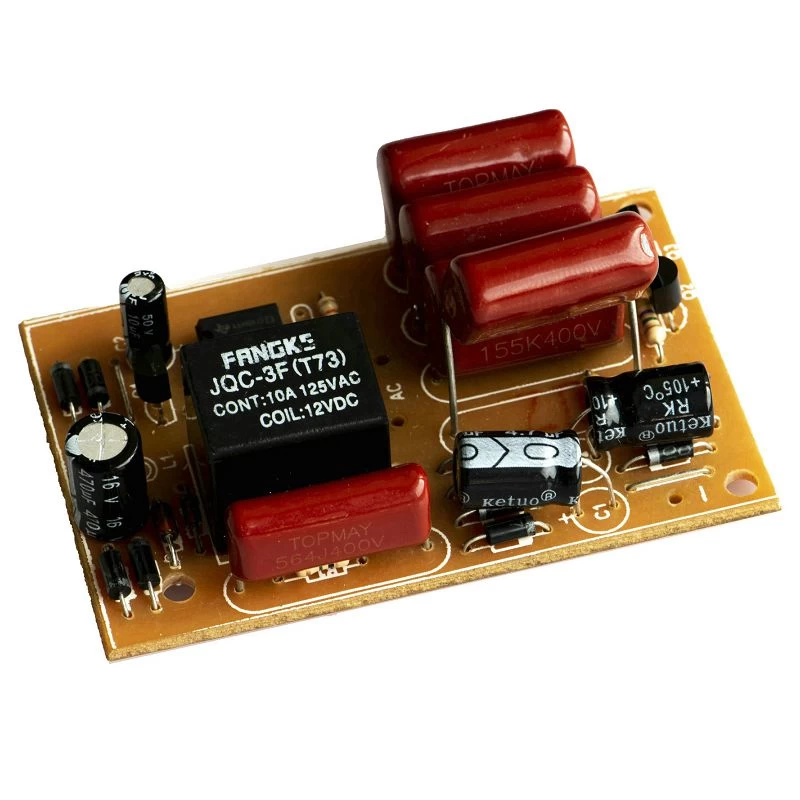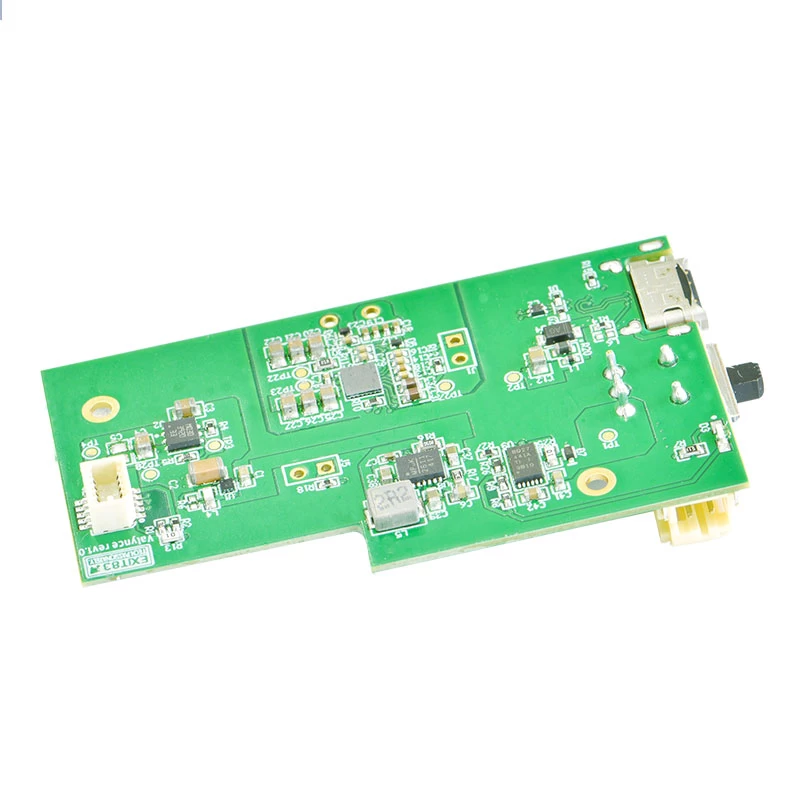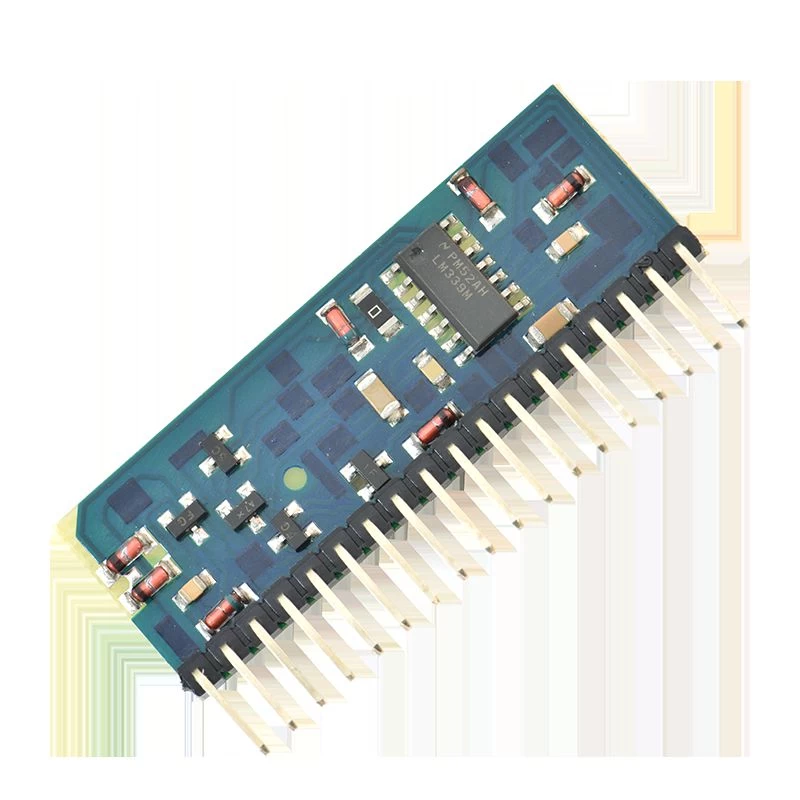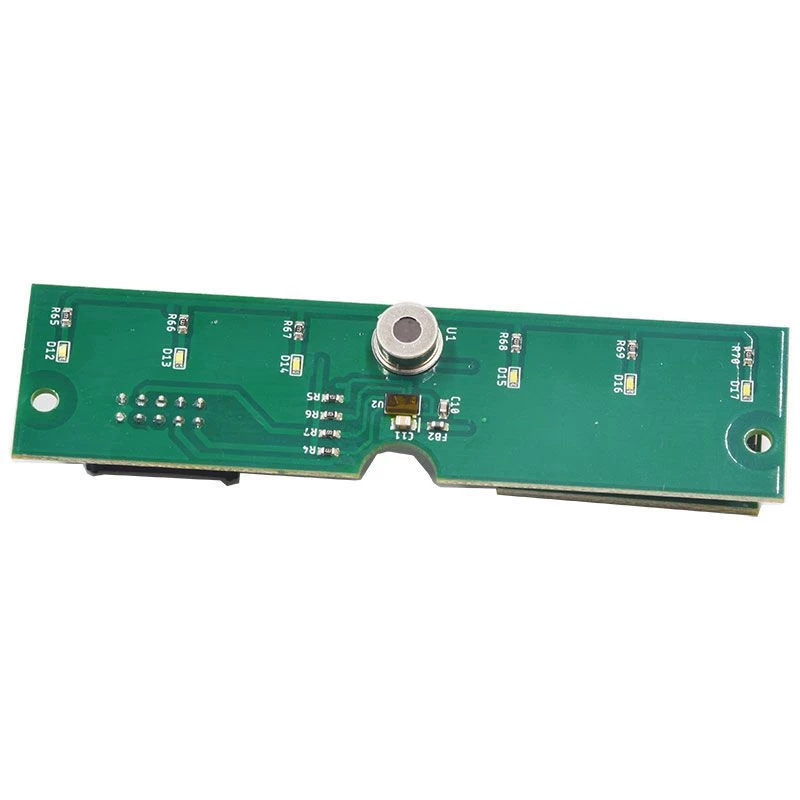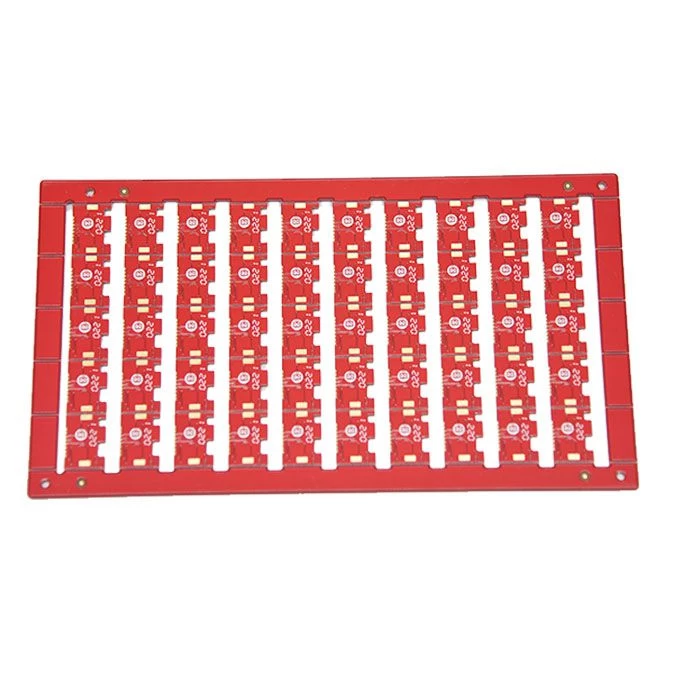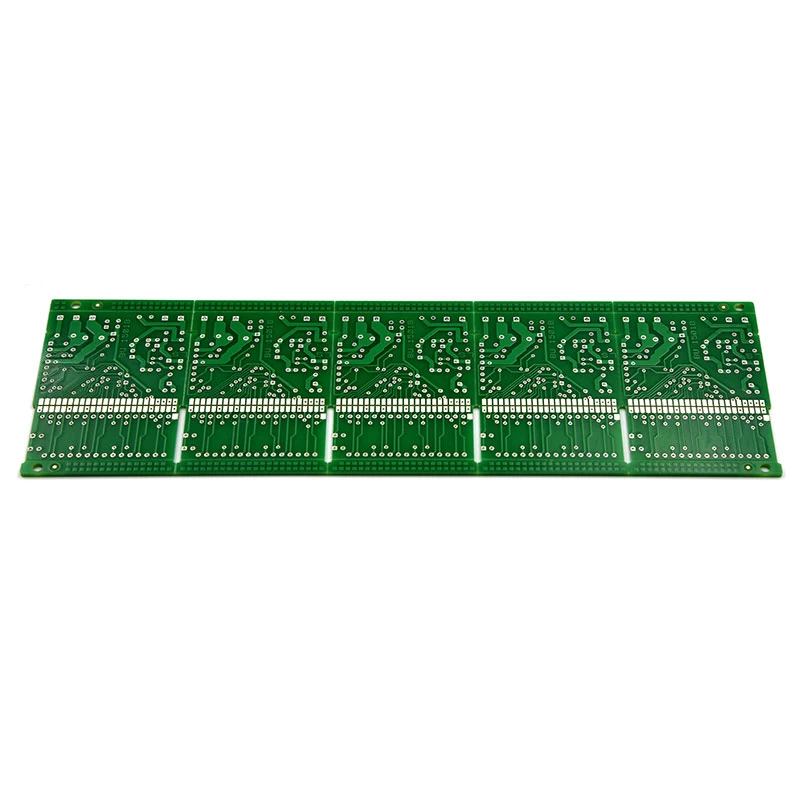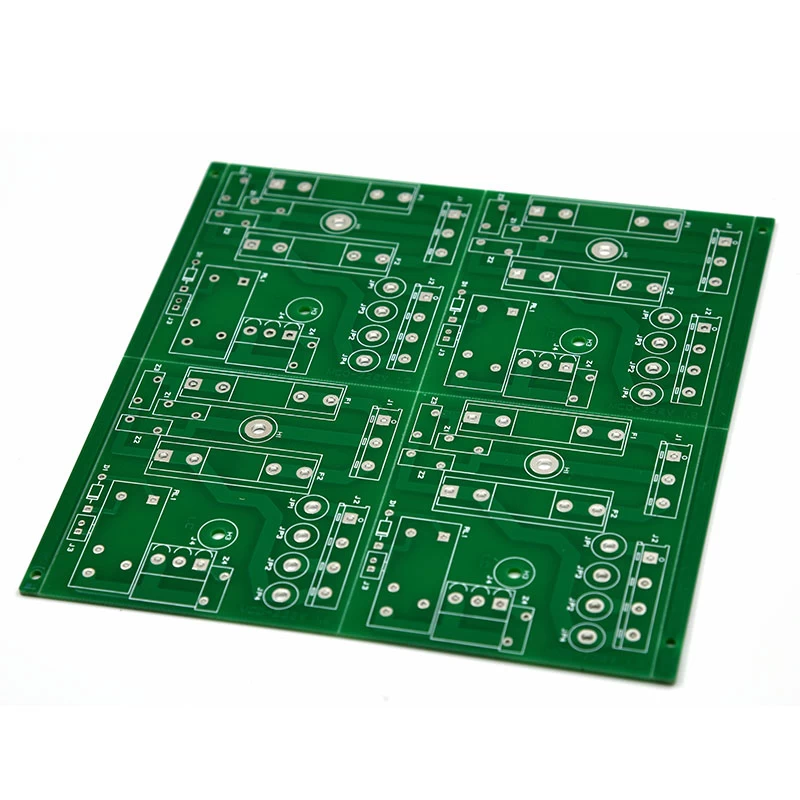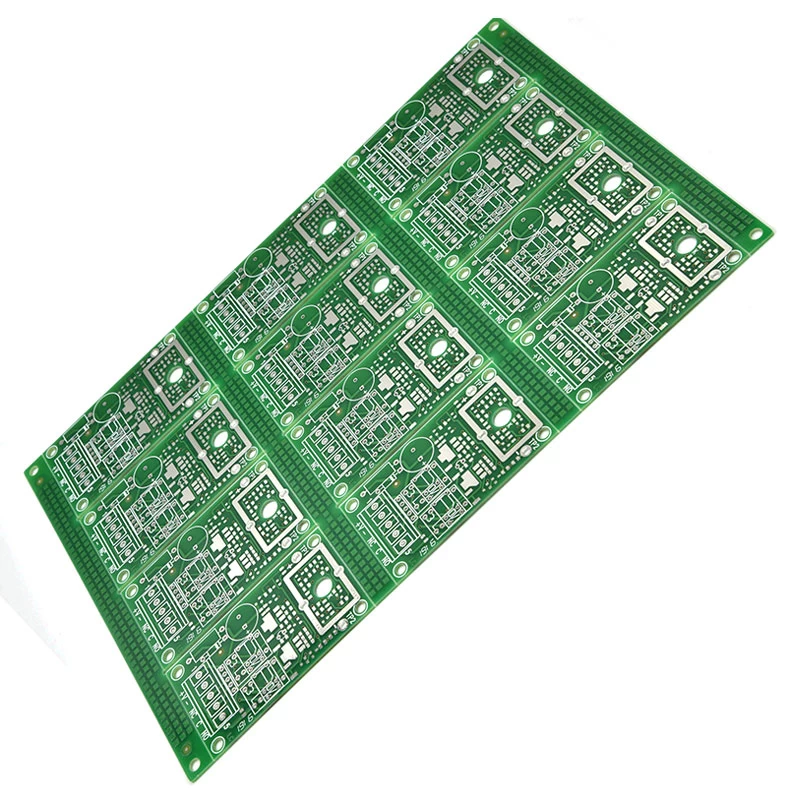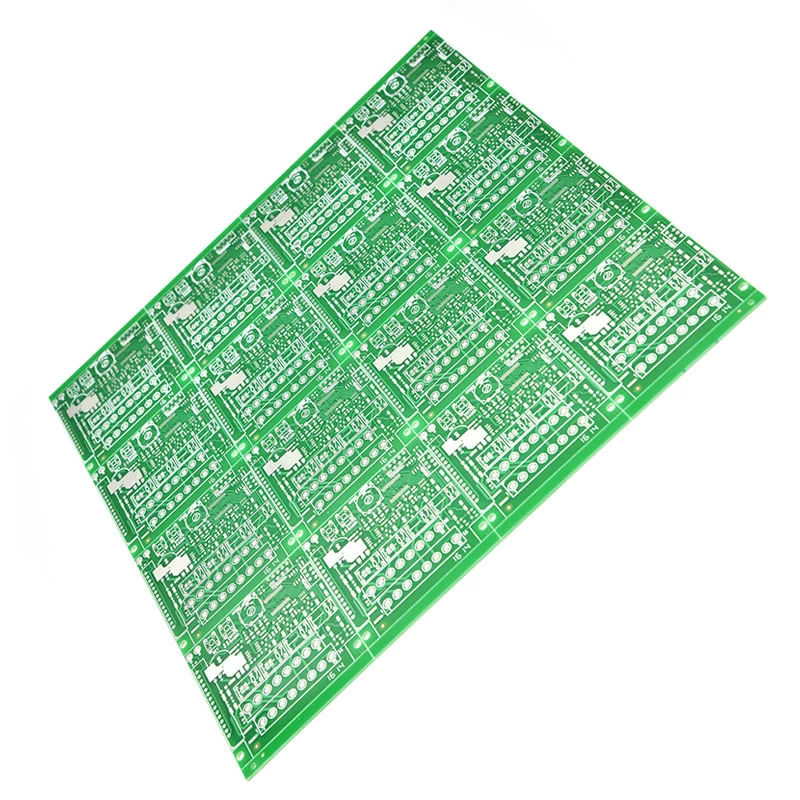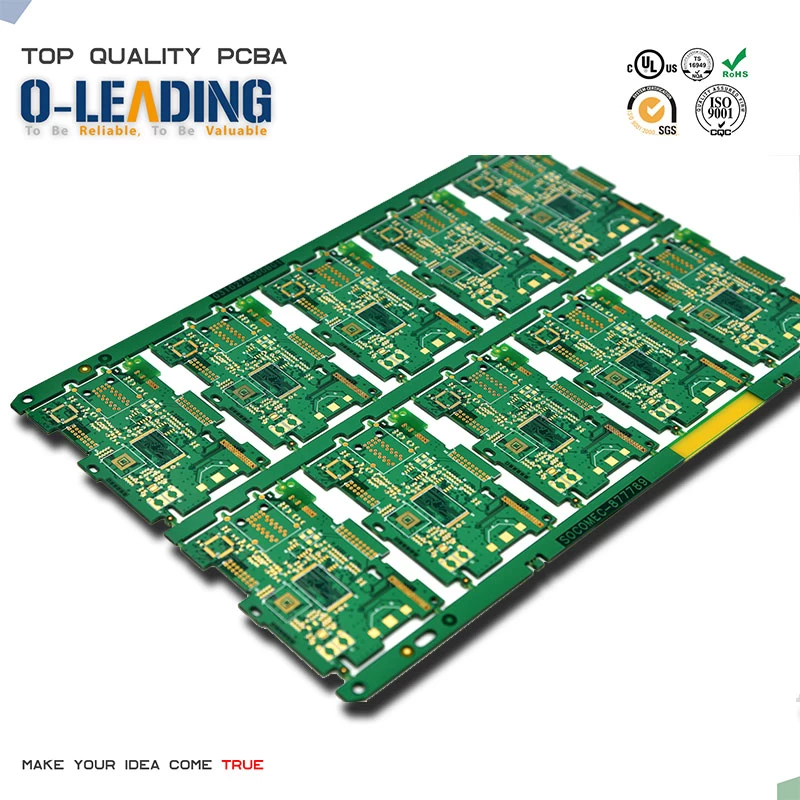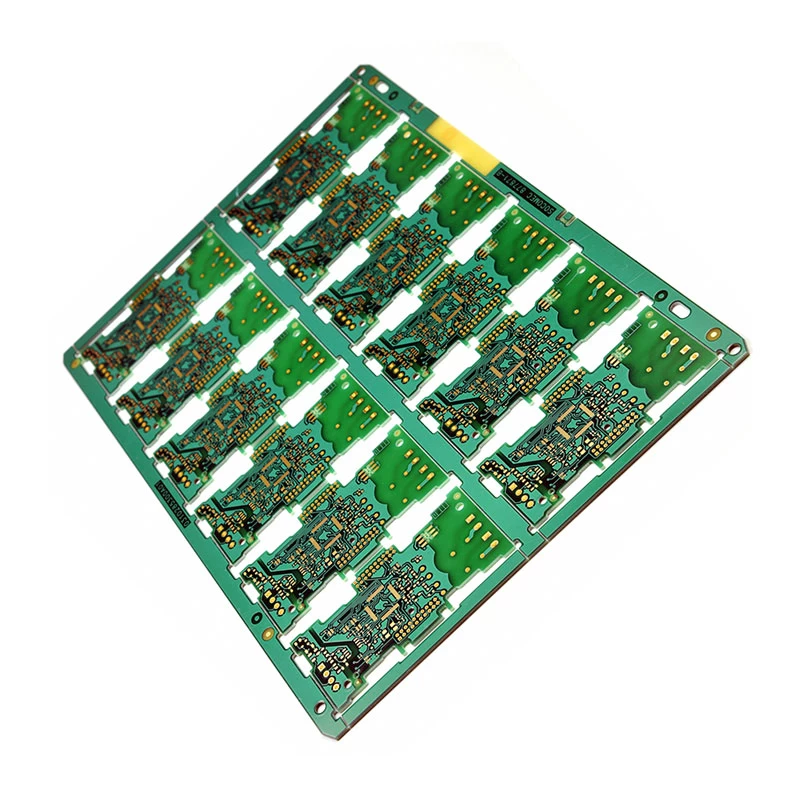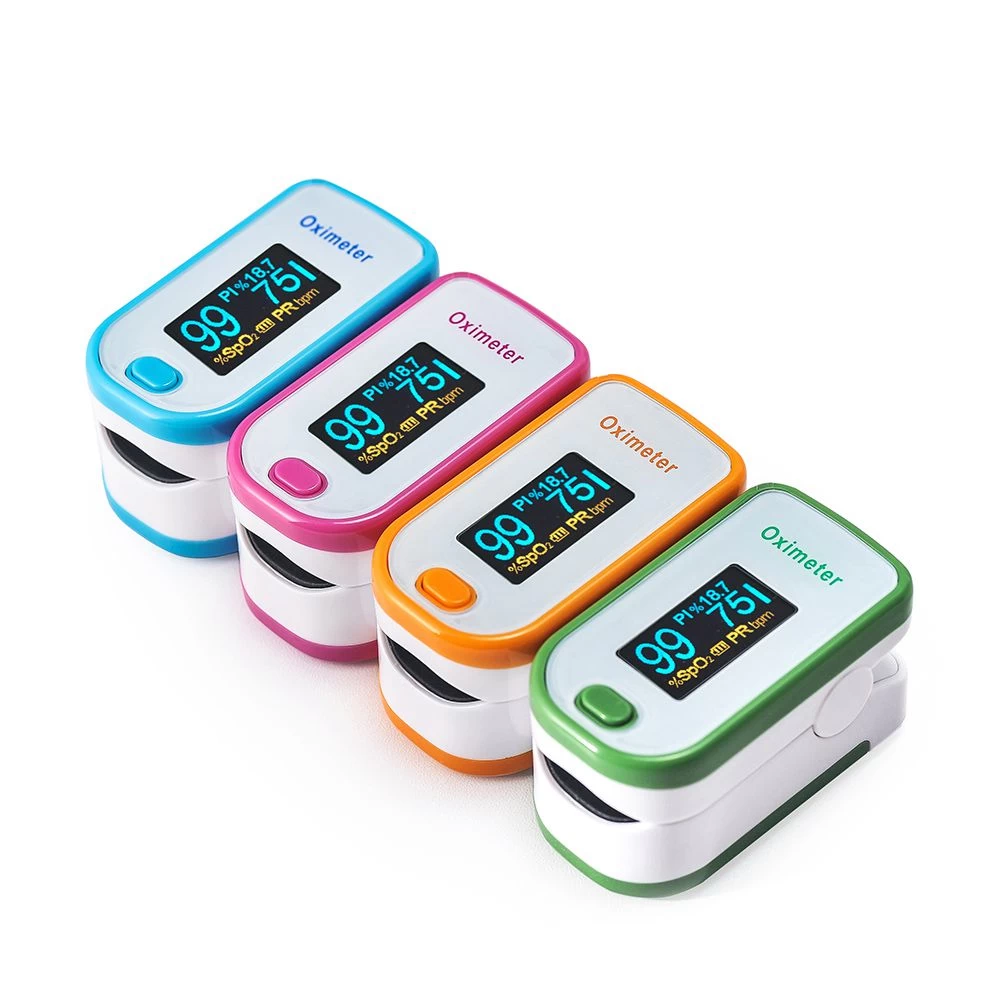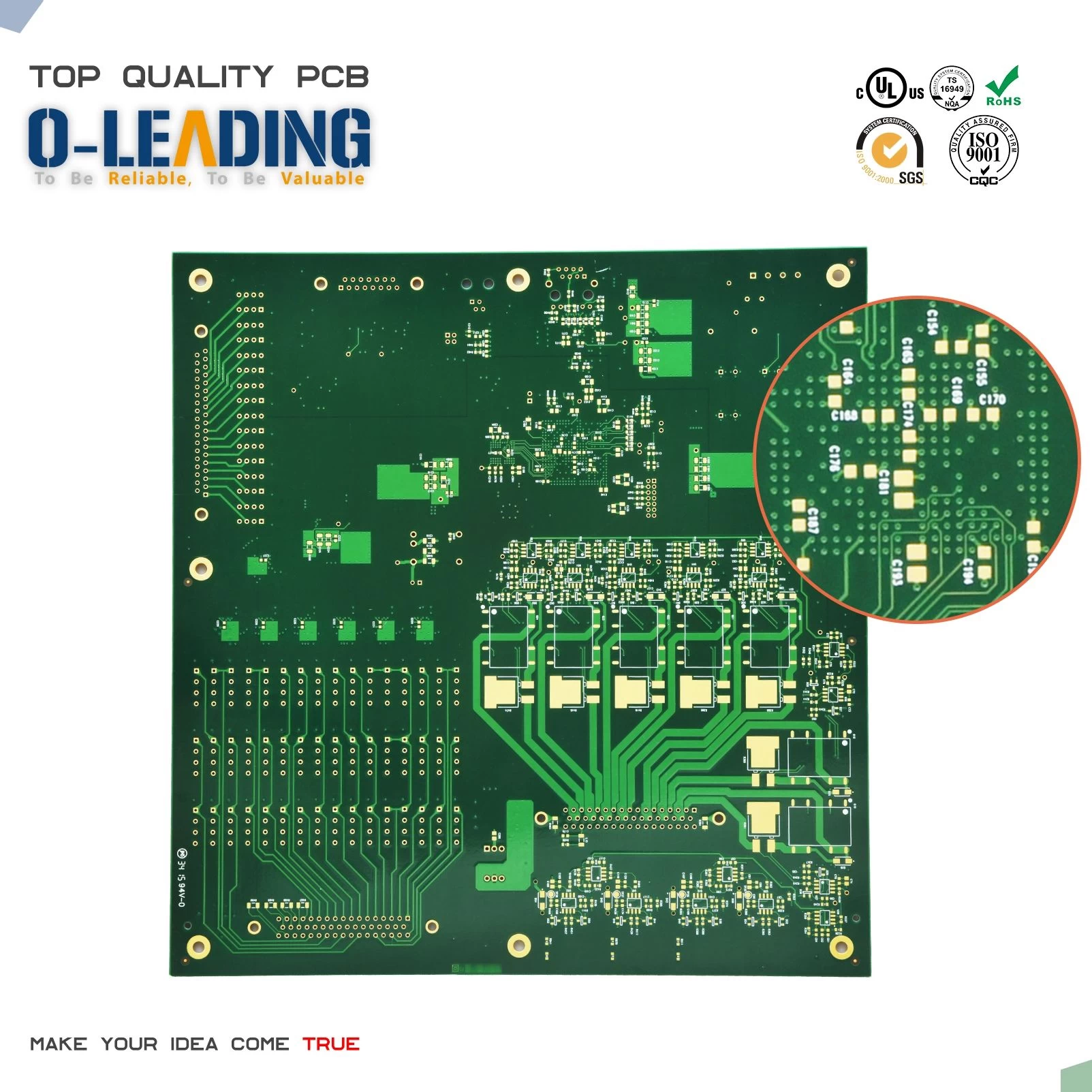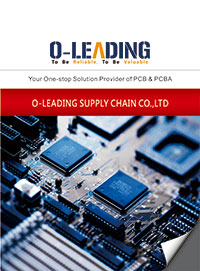How to choose PCB circuit board encapsulant?
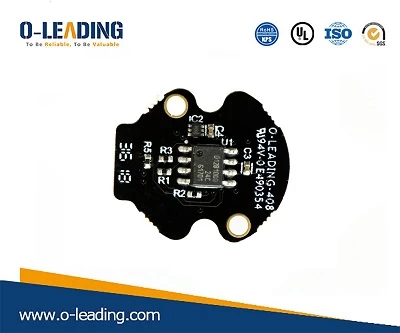
First, polyurethane encapsulation
Temperature requirements, no more than 100 degrees Celsius, there are more bubbles after potting, potting conditions under vacuum, adhesion between epoxy and silicone.
Advantages: Excellent low temperature and shockproof performance are among the best of the three.
Disadvantages: The high temperature resistance is poor. After curing, the surface of the gel is not smooth but the toughness is poor. The anti-aging ability and UV resistance are weak and the colloid is easily discolored.
Scope of application: suitable for potting and sealing of indoor electrical components with low heat. HDI PCB manufacturer china.
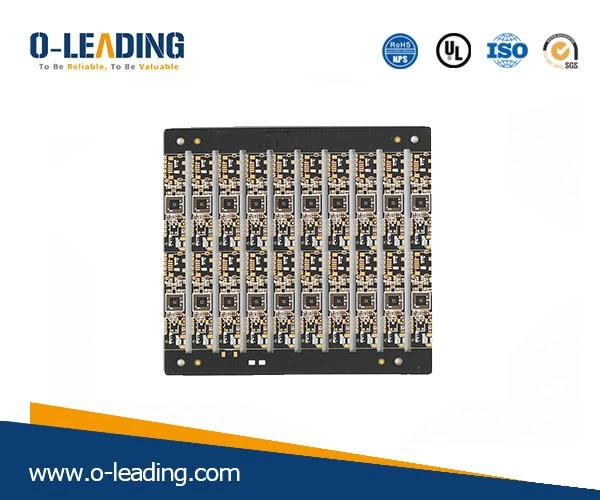
Second, epoxy resin potting
Advantages: Excellent high temperature resistance and electrical insulation, easy operation, stable before and after curing, excellent adhesion to a variety of metal substrates and porous substrates.
Disadvantages: The resistance to cold and heat changes is weak, and cracks are easily generated after being subjected to thermal shock, resulting in water vapor infiltrating into the electronic components from the cracks and the moisture resistance is not good. Moreover, after curing, the colloidal hardness is relatively high and brittle, and it is easy to strain the electronic device.
Scope of application: It is suitable for potting on electronic devices with normal temperature and no special requirements for environmental mechanical properties.Multilayer pcb manufacturer china.
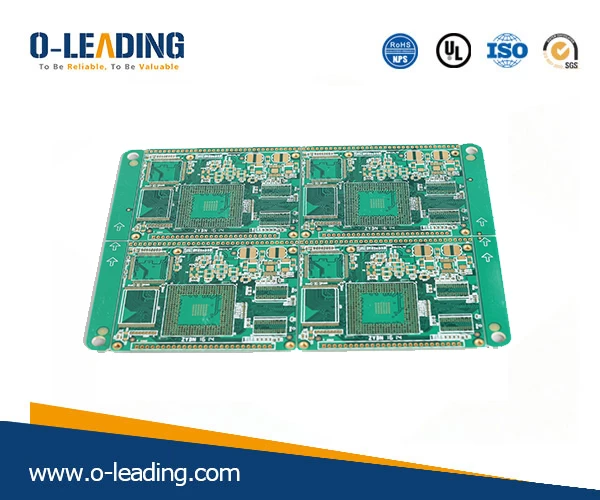
Third, silicone potting glue
advantage:
Strong anti-aging ability, good weather resistance and excellent impact resistance;
Excellent resistance to cold and heat, can be used in a wide range of operating temperatures, can maintain elasticity in the temperature range of -60 ° C ~ 200 ° C, no cracking, and has excellent electrical and insulating properties, improved after potting Internal components and problems between the lines improve the stability of the electronics.
Excellent rework ability, easy to remove and repair the sealed device, thermal conductivity and flame retardant ability, can better improve the heat dissipation capacity and safety factor of the electronic device; low viscosity, better Fluidity, which can penetrate into small gaps and components;
It can be cured at room temperature and can be heated and cured. It has good self-discharging properties and is more convenient to use. It has small curing shrinkage and excellent water resistance and shock resistance.
Disadvantages: high price and poor adhesion.
Scope of application: Suitable for potting all kinds of electronic components working in harsh environments.
In many PCB electronic potting glues, each has its own advantages and disadvantages, how to choose the electronic potting glue that you need. Of course, we must first clarify the characteristics of our products and the requirements required, and purchase appropriate products.

